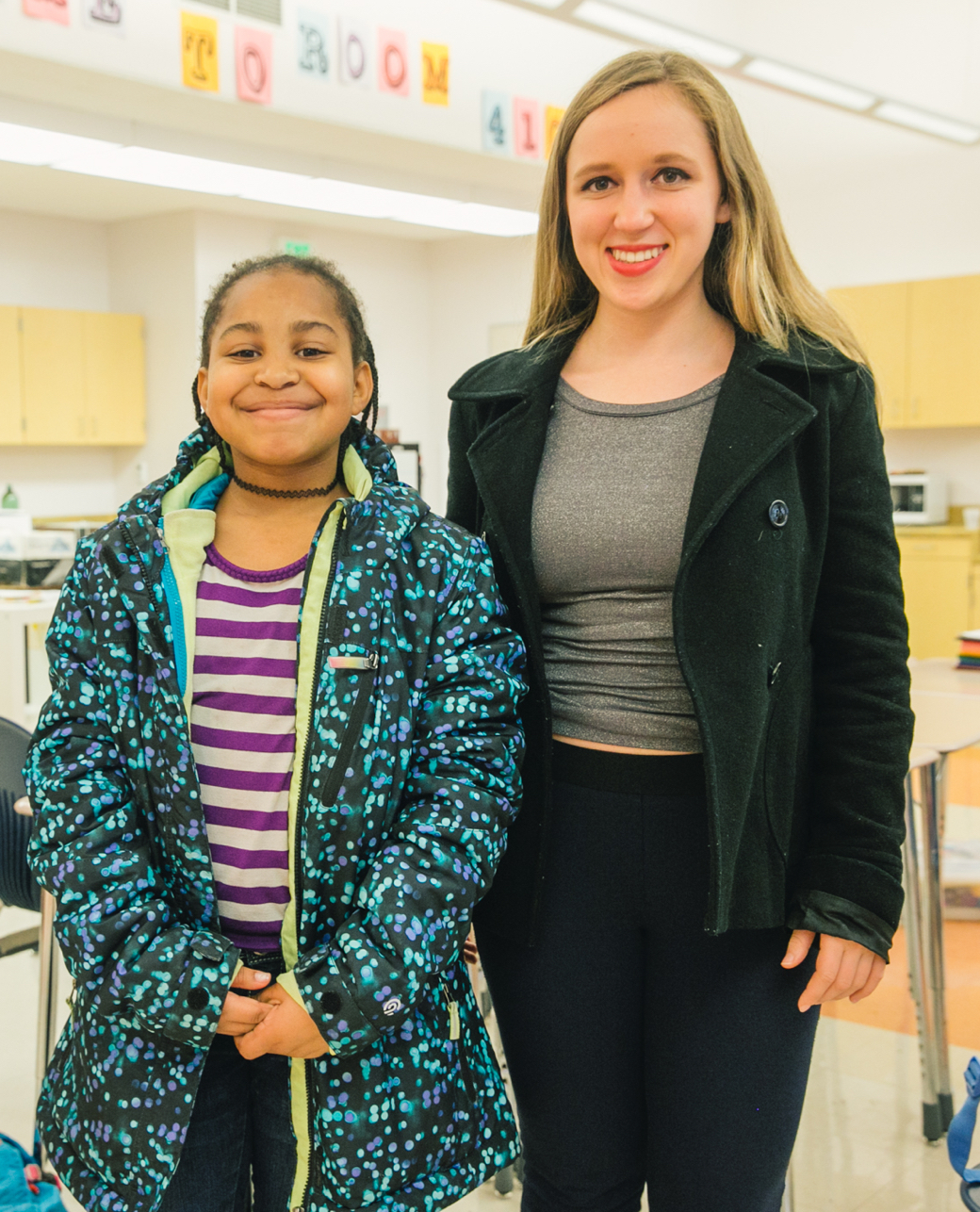Article
Celebrating Black History Month 2022
February marks Black History Month, and this year we want to celebrate Black individuals who have had a profound impact on the education system. Below are 10 individuals who have shaped history by creating access and opportunity for Black students, or who have inspired a generation through their work.
Kelly Miller (first from left, top row)
Kelly Miller was the first Black graduate student in Mathematics. He understood the importance of education to help foster strong Black leaders and went on to become a dean at Howard University and an active civil rights activist where he continued to push for access to higher education for all Black Americans. Source: https://www.boredteachers.com/post/12-black-educators-who-changed-history-that-we-should-all-know-about
Octavia Butler (second from left, top row)
Octavia Butler was an award-winning author and a non-fiction extraordinaire. Yet she struggled in school because of her dyslexia. While her earliest teachers did not invest her, at 13 she had a teacher who recognized her talent for storytelling and encouraged her to submit a piece to a science-fiction magazine. It was this experience that made her realize she could pursue a writing career. Octavia was an avid reader and continued to write short stories. She persevered through school, and in college came to better understand her learning style: “I learn better through listening than through reading.” She would go on to write 13 novels and broke barriers in the literary world as a Black woman in a field dominated by white men. Source: https://dyslexia.yale.edu/story/octavia-butler/
Edmund Gordon (third from left, top row)
Dr. Edmund Gordon was one of the first educators to focus on closing the academic achievement gap. He was a founder of the federal Head Start program, and also founded the Institute for Urban Education at Columbia University’s Teachers College. Source: https://www.boredteachers.com/post/12-black-educators-who-changed-history-that-we-should-all-know-about
Carlotta Walls LaNier (fourth from left, top row)
Carlotta Walls LaNier was the youngest member of the Little Rock Nine, and she braved harassment and life threats to be one of the first Black students to attend Central High School in Little Rock, Arkansas in 1957. She wrote a book about the experience: A Mighty Long Way: My Journey to Justice at Little Rock Central High School. She was also president of the Little Rock Nine Foundation which aimed to continue to create equal educational opportunities for all students. Source: https://www.boredteachers.com/post/12-black-educators-who-changed-history-that-we-should-all-know-about
Amanda Gorman (left, middle row)
Amanda Gorman is the youngest inaugural poet in U.S. history, as well as an award-winning writer and cum laude graduate of Harvard University, where she studied Sociology. She has written for the New York Times and has three books forthcoming with Penguin Random House. She is a source of inspiration for all, but as a young adult with a learning disability (diagnosed with an auditory processing disorder in kindergarten), she is particularly inspiring to our community of young adults who learn differently. Sources: theamandagorman.com; understood.org
Rita Pierson (right, middle row)
Rita Pierson was an educator for most of her adult life, and gave one of the most well-known and powerful Ted Talks on education – “Every Child Needs a Champion.” This has become a motto for many educators (and one that those of us at Eye to Eye certainly back). She also led workshops on the importance of educating young African American boys. Sources: https://www.boredteachers.com/post/12-black-educators-who-changed-history-that-we-should-all-know-about; https://www.ted.com/speakers/rita_f_pierson
Mary McLeod Bethune (first from left, bottom row)
Mary McLeod Bethune was a lifelong educator and one of the most important civil rights leaders of the twentieth century. She founded Bethune-Cookman college which set the educational standards for today’s Black colleges. She went on to become the highest-ranking Black woman in government when President Franklin Roosevelt named her director of Negro Affairs of the National Youth Administration. Source: https://www.boredteachers.com/post/12-black-educators-who-changed-history-that-we-should-all-know-about
Septima Poinsette Clark (second from left, bottom row)
Septima Poinsette Clark was an educator who fought for the hiring of Black educators in the classroom and helping folks register to vote. Early in her career, she was frustrated that Charleston did not hire Black educators, so she worked with the NAACP to petition the city to change its policies. She went on to help run citizenship schools that taught African Americans basic literacy and math so they could pass the test required to register to vote. Source: https://www.boredteachers.com/post/12-black-educators-who-changed-history-that-we-should-all-know-about
Inez Beverly Prosser (third from left, bottom row)
Inez Beverly Prosser was the first Black woman to earn a Ph.D. in Psychology. She did extensive research on the effect of segregated schools versus non-segregated schools on African American students and was one of the first to take a vested interest in the mental health of Black children subjected to racism. Her life’s passion was finding the best way to foster and educate young Black students. Source: https://www.boredteachers.com/post/12-black-educators-who-changed-history-that-we-should-all-know-about
Charles Hamilton Houston (fourth from left, bottom row)
Charles Hamilton Houston was a dean at Howard University Law School and argued cases in the U.S. Supreme Court, creating a legal foundation for the historic Brown v. Board of Education decision. He was nicknamed “The Man Who Killed Jim Crowe” due to his involvement in nearly every civil rights case that was argued in front of the Supreme Court from 1930 and 1954. Source: https://www.boredteachers.com/post/12-black-educators-who-changed-history-that-we-should-all-know-about

Bring Eye to Eye to Your School!
Learn More
